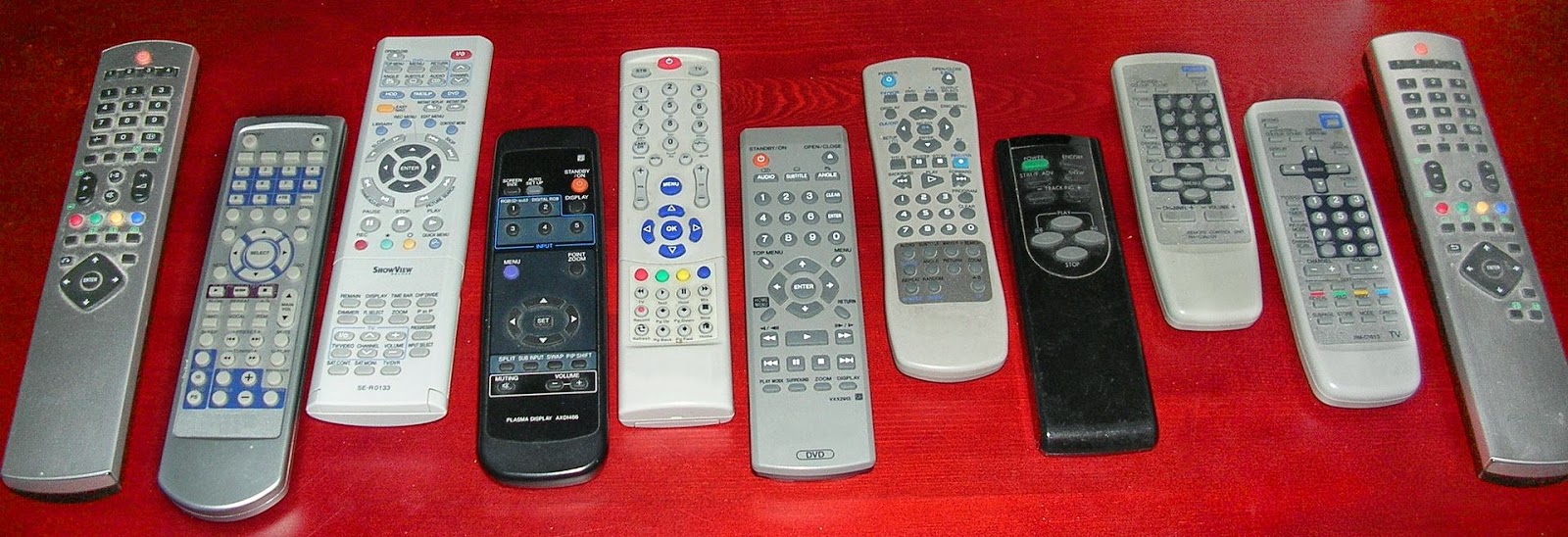Fun Facts about Hygiene
1. Hygiea was a Greek goddess of health cleanliness and the moon. Ancient Greek gods apparently worked double shifts.Hygeia is the personification of health. She was the daughter of Asclepius, the god of medicine, who was the son of Apollo. Hygeia was associated with the cult of Asclepius.
Hygeia was often pictured holding a cup, (a kylix, or wine-cup), with a snake coiled about her body or arm. The serpent is a symbol of resurrection; the cup, medicine. Hygeia’s cup may have been an early inspiration for grail stories.
3. Antibacterial soap is no more effective at preventing infection than regular soap. After studying over 11,000 children it was found that an overly hygienic environment increases the risk of skin conditions and asthma.
4. Monks in a small religious monastery in India are not allowed to bath any part of their bodies besides their hands and feet. Their religion believes it is wrong to kill any living creature even microorganisms.
5. The word soap comes from this mythological mountain. When women washed their cloths in the Tiber River, the dirt on the shore was a mixture of fat and wood ash from animal sacrifices coming down from the mountain. They used this as a cleaning agent.
6. Ancient Egyptians and Aztecs rubbed urine on their skin to treat cuts and burns. Urea is a key chemical in urine. When urine is in the bladder it is free from fungi and bacteria, so it was possibly cleaner than the water they drank.
7. England’s medieval King Henry IV struck a blow for cleanliness when he required his knights to bath a least once in their lives during their ritual knighthood ceremonies.
8. During the 18th-century, London did not have a sewer system. Toilet water was just dumped out of the windows on to the streets, where it contaminated the city’s water supply. They did not know at the time that boiling water would help make the water safer to drink. In 1854 there were 616 deaths related to the water supply in London alone. Because of this, is was a common practice to drink alcoholic beverages at every meal and in-between.
9. 5 SECOND RULE
If you drop something on the floor but pick it up in less than four seconds, it will be OK. False. There is no five-second rule when it comes to food on the ground. Bacteria needs no time at all to contaminate food.
10. The first toothbrush was invented in China in 1498. It was made of carved cattle-bone and pig bristles wired into it. Brushing ones teeth did not become routine in the USA until it was enforced in 1940 on soldiers during World War ll.
11. In 1935, Northern Tissue proudly introduced “splinter-free” toilet paper. Previous options included tundra moss in North America and sea sponge from salt water for Romans. Here in the modern West corncobs were used.
12. In 1843, Oliver Wendell Holmes Sr. campaigned for basic sanitation in hospitals. But this clashed with social ideas of the time concerning upper class citizens like doctors. Charles Meigs, a prominent American physician, retorted, " Doctors are gentlemen, and our hands are always clean".
13. However, up to a quarter of all women giving birth in European and American hospitals in the 17th thru 19th centuries died of an infection spread by unhygienic nurses and doctors.
14. A study by the University of Arizona determined that the TV remote control in hospitals are the worst carriers of bacteria in hospital rooms; worse even than toilet handles. The remote can spread the infection MRSA, which contributes to over 90,000 deaths a year.
15. It is now believed President James Garfield did not die from the bullet fired by Charles Guiteau.
16. Some of the medical team that treated the President were also farmers with manure-stained hands. The wound developed a severe infection that killed him three months later.
17. Hygiene tips do not have to be complicated. Everyone can practice good hygiene.
18. Soap and water are the simplest form of cleaning. Wash hands all day long, especially before exiting the bathroom, and before meals. When at all possible wash the TV remotes, mouses and keypads between users.


